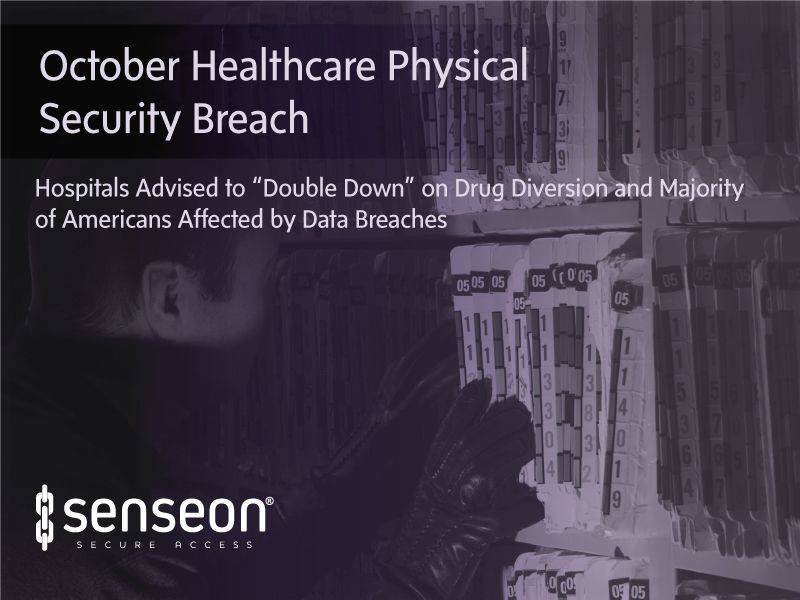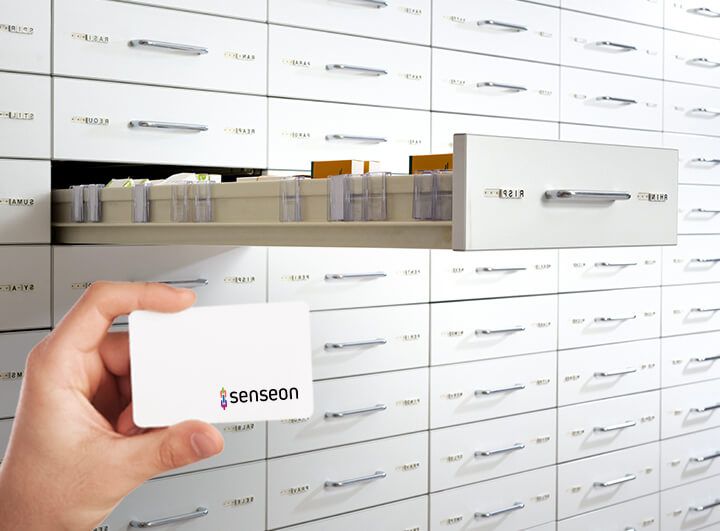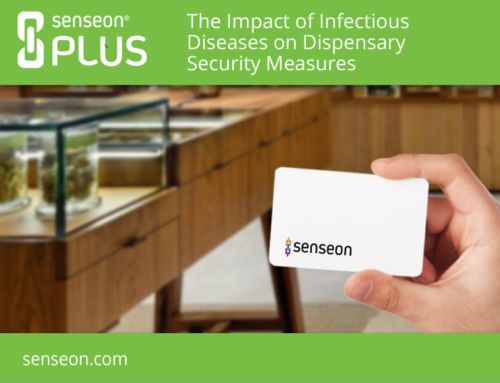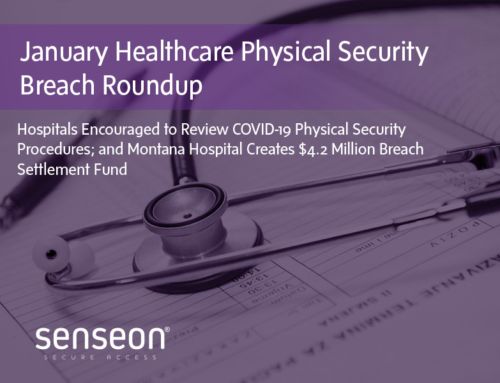Hospitals Advised to “Double Down” on Drug Diversion and Majority of Americans Affected by Data Breaches
Take control of the physical data breach and drug diversion risks that threaten your healthcare organization with Senseon’s Physical Security Breach Roundup.
We bring you the most recent physical data breach and drug diversion news each month. If you want to learn more about what you can do to minimize the risk of your facility ending up on this list, we can help.
Physical Breach & Security News
Security of 4K Cancer Patients Jeopardized by Doctor’s Stolen Briefcase
Lee Moffitt Cancer Center and Research Institute in Tampa, FL is receiving some criticism for waiting until the very last day to notify patients of a breach.
Moffitt took 59 days (federal regulations require notification within 60) to notify patients that a briefcase containing their information had been stolen from a doctor’s car. Inside the briefcase were two unencrypted personal USB storage devices along with printouts of clinical schedules. The items included patient names, dates of birth, and medical record as well as treatment information.
Non-Hacking Incidents Cause One-Third of Data Breaches
Of the 349 data breaches that have affected healthcare organizations this year, HHS has found that about one third fall outside the category of hacking or IT incident. These categories include:
- Unauthorized access/disclosure
- Theft
- Improper disposal
- Loss
While many recognize the importance of cybersecurity in mitigating data breaches, this information from HHS suggests that healthcare organizations must continue to emphasize physical security measures as well, such as security cameras, alarms, and access control systems.
Majority of Americans Impacted by Healthcare Data Breaches
Researchers at PrivacyAffairs.com have found that, in the last decade, almost 231 million US healthcare records were lost or stolen — a trend that has been moving upward. The study also found that 70% of the country’s population has been affected by healthcare data breaches.
Dangerous HIT Trends: Cutting Staff and Slow Tech Adoption
To shed light on dangerous health IT trends emerging after the pandemic, Becker’s Hospital Review talked with eight executives about the trends and potential solutions.
Some of the topics covered included:
- Concerns that healthcare isn’t embracing new technology fast enough
- Medical device vulnerabilities as entry points into hospital networks
- Cutting IT staff and budgets without acknowledging immediate repercussions
Addressing these dangerous health IT trends will take investment in new resources, but as Becker’s notes, this investment is “critical to providing high-level patient care.”
Drug Diversion News
Hospitals Should “Double Down” on Drug Diversion Efforts
Fierce Healthcare took a look at rising overdose rates resulting from the COVID-19 pandemic in a recent article, advising that the number of diversions is likely under-reported and urging hospitals to do more to respond.
The article emphasized that “most healthcare workers do not divert drugs, but it only takes a few to endanger patients and a hospital’s reputation. Incidents like these should be a wake-up call to our healthcare industry. Healthcare leaders need to redouble their efforts to mitigate, or slow, drug diversion before it’s too late.”
Nurse Charged with Fentanyl Theft for Personal Use
Piedmont Medical Center in Rock Hill, South Carolina is cooperating with authorities after it was discovered that one of their employees was suspected of drug diversion. Melissa Mae Collins has been arrested and charged with theft of a controlled substance for withdrawing fentanyl from the supplies of critically ill patients.
$183 Million Lost to Drug Diversion From Patient Care
While it has been challenging to find insights on how drug diversion impacts the healthcare industry, a report from Protenus sheds some light on the substantial monetary impact. Their 2020 Drug Diversion Digest compiles and analyzes public data on clinical drug diversion incidents that involve healthcare workers. The most recent report found that, while the number of incidents dropped by almost 36% between 2018 and 2019, there was a 215% increase in total doses lost.
Overall, the report notes, drug diversion cost healthcare organizations $183 million in 2019. This data from Protenus highlights the immense impact of drug diversion on healthcare organizations, and in turn, patients. As a result, robust, comprehensive drug diversion initiatives must continue to be a priority.
Learn more about what healthcare organizations like yours need to understand about drug diversion here.







